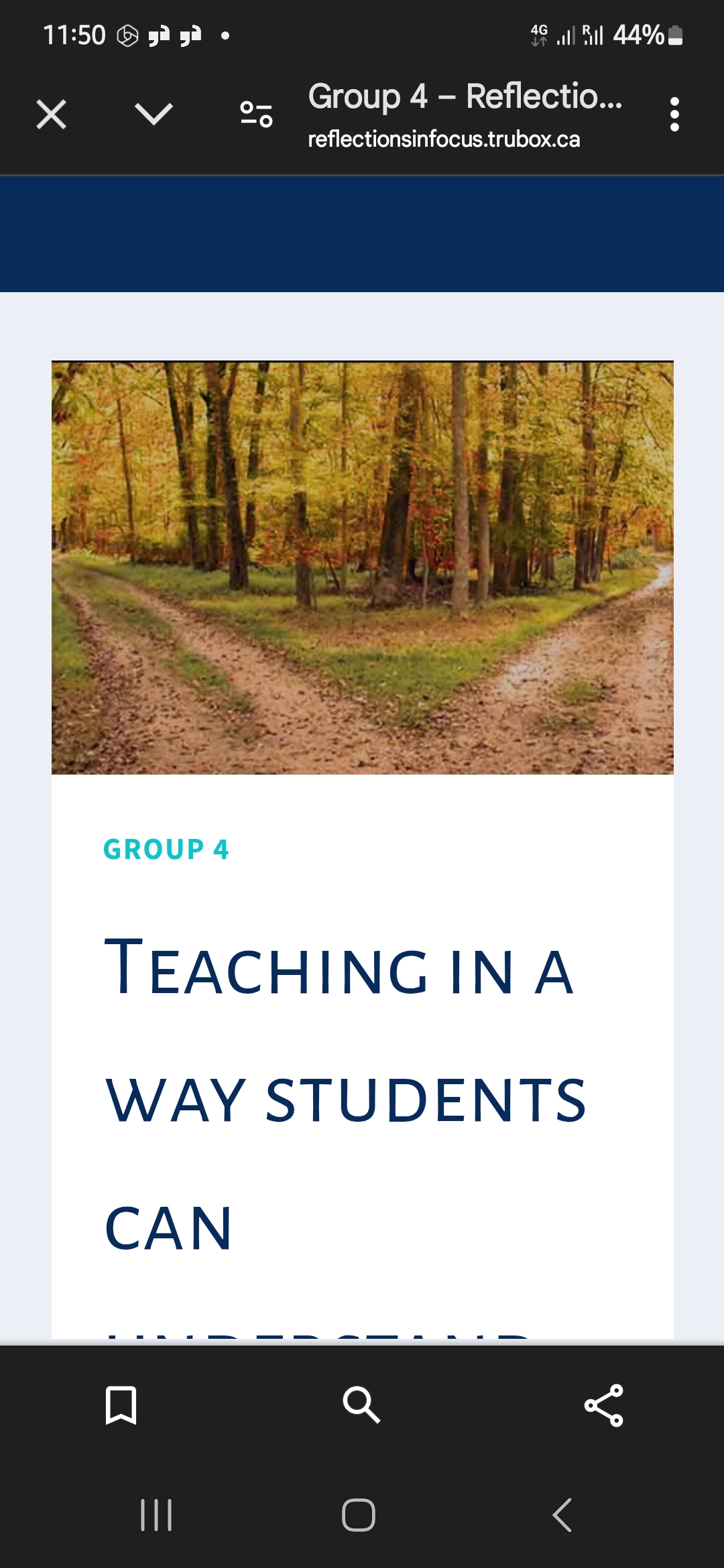Author:
Teaching in a Way Students Understand
A culturally responsive curriculum helps students relate their own experiences to what they learn. It includes different cultures and perspectives, making education more meaningful. As Howe, Johnson, and Te Momo (2021) explain, this approach ensures that learning is not limited to one culture but reflects the experiences of all students. I understood this better while teaching Robert Frost’s poem The Road Not Taken to my middle school students in Kerala.
The poem talks about two roads in a forest, covered in yellow leaves. As I read, I noticed my students looking confused. One of them asked, “Teacher, why do the leaves turn yellow? Does that mean the tree is dying?” I then realized that they had never seen autumn. The idea of making choices in life was important, but the poem’s setting was unfamiliar to them.
So, I changed my approach. Instead of explaining autumn, I asked them to think about choices they had made. Some talked about deciding whether to wake up early to help their parents or sleep longer. Others spoke about choosing between a steep shortcut and a longer, safer path home. Then, I encouraged them to rewrite the poem using familiar places—like a fork in a tea plantation or two trails in a rubber estate. Suddenly, they became more interested and excited to share their own versions.
That day, I saw how important it is to teach in a way that connects with students’ lives. When they see their own world in what they learn, education becomes real and meaningful. As teachers, we must not only teach lessons but also help students understand them in their own way.
Reference
Howe, E. R., Johnson, N., & Te Momo, O. H. (2021). Effective Indigenization of curriculum in Canada and New Zealand: Towards culturally responsive pedagogies.

Hi Thamburu,
I really love how this post shows the importance of making lessons connect with students’ real lives. The example with The Road Not Taken is perfect—the teacher realizing the students didn’t get autumn because they’d never seen it really stood out to me. Shifting the lesson to something they could relate to, like their own choices, made the lesson so much more engaging. It’s such a great reminder that when we tie lessons to students’ experiences, they get so much more out of it. That said, it’d be cool to hear more about how teachers can build this into their regular planning. Some practical tips on how to bring this into everyday teaching would be awesome!
You effectively adapted your lesson plan in teaching Robert Frost’s poem to make it more culturally relevant to your class. As they have never experienced autumn, they were not able to connect the path to their own experiences. By adapting to their context, you were able to connect them to their own experiences.